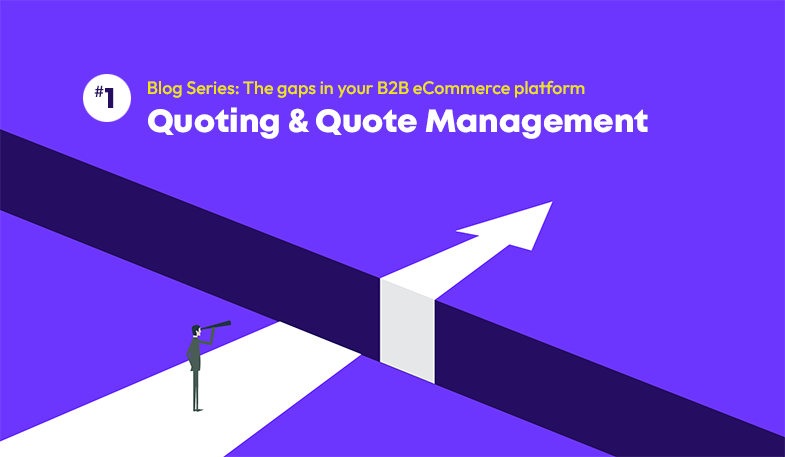How Does Recurring Billing Software Affect Subscription Services?

We’ve already looked at some of the ways that a paywall can impact your publishing business, but what about the impact of recurring billing software that can accompany that paywall?
Subscriptions are an essential part of an online publishing business, and as such, recurring billing software can come to be an important way to facilitate the ongoing business to consumer relationship.
Subscriptions can mean a lot to the publisher in terms of profits, so it is important that an online publisher have the ability to continually bill their customers.
Here are 4 Ways recurring billing software can impact your business.
#1: Easily offer trial period pricing
The online publishing business is competitive and customers are always looking for a way to get the most for their money. Free trial periods are a common way for publishers to offer their material without losing money because the customer can see the value they are going to be getting should they choose to continue to do business after the free trial ends.
Customers who are granted a free trial to access content will ideally get hooked on it. For the business involved, the free trial pays for itself in the form of a person who converts to a paying customer after being satisfied with their free trial access.
When that free trial ends, publishers who offer this kind of thing need to have the ability to automatically charge customers to continue to access the content. The end of the free trial should be designed to make continued business the easiest option.
Customers will benefit from having no interruption in their service with the presence of recurring billing software, while the publisher can benefit from not needing to have to monitor the accounts throughout the duration of the free trial. They can seamlessly begin billing on the date the free trial expires.
#2 Offer billing tiers
Billing tiers are a way for publishers to cater to a wide range of customer types. Tiers also give publishers a means to incentivize increased spending and longer B2C relationship terms by offering lower rates for longer commitments.
For example, the online retailer Birchbox offers their customers who subscribe to the men’s Birchbox the ability to subscribe on a monthly basis for $20 per month, or to subscribe yearly for $195 per year, thus giving their customers two months free.
Tiers also allow the publisher to appeal to many different customer types where some customers may not want (or have the means) to commit long-term, or who would simply prefer to pay monthly.
By offering as many options as possible, they are much more likely to find a method which appeals to virtually any customer that comes across their site.
#3 Automated management of accounts
Recurring billing software makes it so that the business can be free of the work associated with billing customers individually. Each time an account is created, updated, or changed, the software can be made to do the work of processing and utilizing those changes.
With businesses that have a large volume of accounts, the ability to automate the account management process is essential. Automation can allow for a business to easily customize billing formats to reflect that aforementioned range of services, tiers, and information that is unique to each subscriber.
For a publisher that offers many different types of content, there may be a need to customize terms and conditions of subscriptions among the different types of content.
For example, subscribers of a magazine that comes out quarterly versus a magazine that is published weekly will most likely need to be billed differently, and some content may simply have a flat monthly fee to enable general access to all content.
The task of differentiating the ways different content items need to be billed can be drastically simplified with recurring billing software.
Wisegeek states that by “eliminating the need for one or more employees to spend hours on this repetitive task, the end result is that personnel can be utilized for different functions, allowing the workday to be more productive and thus cost efficient.”
Therefore, recurring billing software can be seen as a time and money saver to busy online publishers.
#4 Consistent and predictable revenues
Subscribers are a base of customers who have committed to paying money to a business for a noted period of time. The ability to define the customer in this way is highly valuable to publishers because, unlike many businesses, they are able to forecast revenues and manage their business accordingly.
Gigaom reports that “one of the best things about subscriptions businesses and cloud businesses especially is that they are predictable”.
For example, if a publisher notices a decline in subscription rates, they can look to their operations and marketing to find a way to counteract the decline. With recurring billing software, the business is able to target subscribers due for a renewal, or those who have chosen not to renew. In light of the declining subscriber rates, publishers can offer them a coupon, or special offer in order to prevent more losses.
Recurring billing software offers a business the unique ability to gather a snapshot of the way their business is performing in a way that many other types of business do not have.
Conclusion
Online publishing is increasingly becoming more popular in society, and is even on track to replace the struggling print media. Publishers now have a need for recurring billing software to become a key part of their operations because of the situation of having content that is continually being published where they want to charge for the access.
By implementing recurring billing software, the publisher is able to form a continued profitable relationship with the customer, as well as create a simplified way to automate a task that would otherwise require a lot of manpower.
Altogether, the convenience and efficiency associated with the recurring billing software is a key reason any online publishing company would benefit from having it.
Resource Center

A new blog series about the critical eCommerce capabilities missing in most eCommerce platforms for B2B companies. #1: Quoting & Sales Support

A closer look from the Ultra perspective on what we really mean when we talk about headless commerce and why it may not be right for every company.

Davis Art is now the only online K-12 publisher dedicated to the arts, creating top-notch curriculum and resources for art educators nationwide, all from the Ultra Commerce platform.
